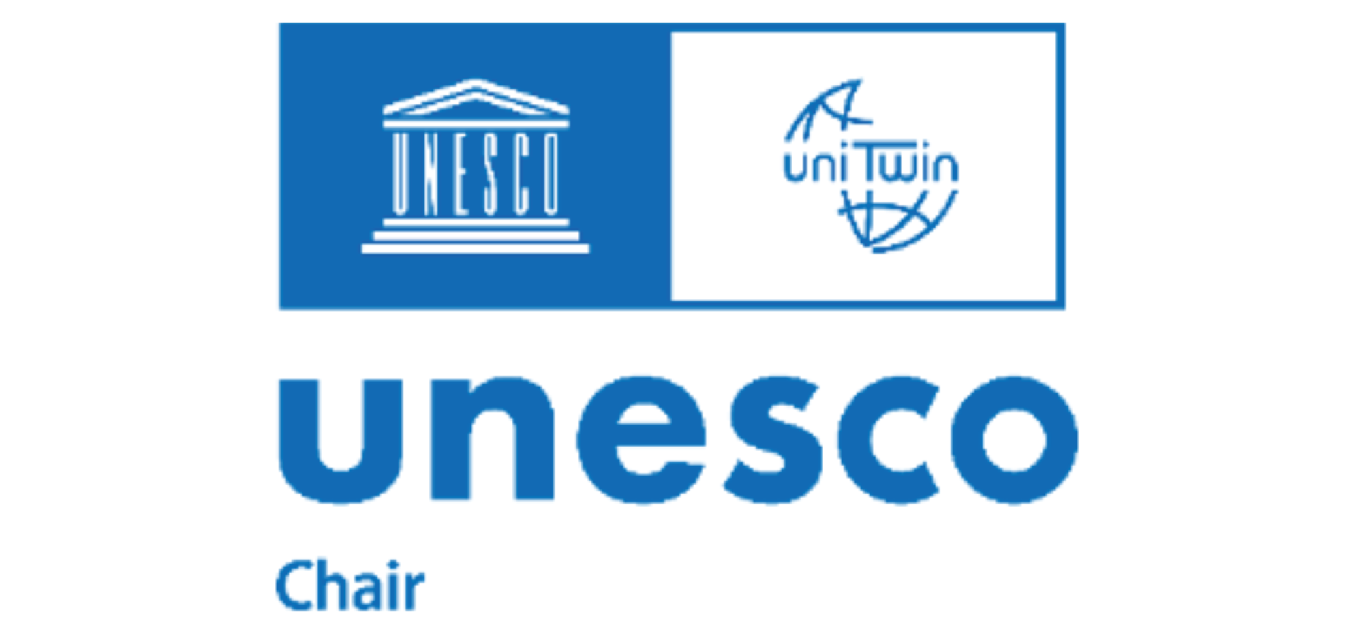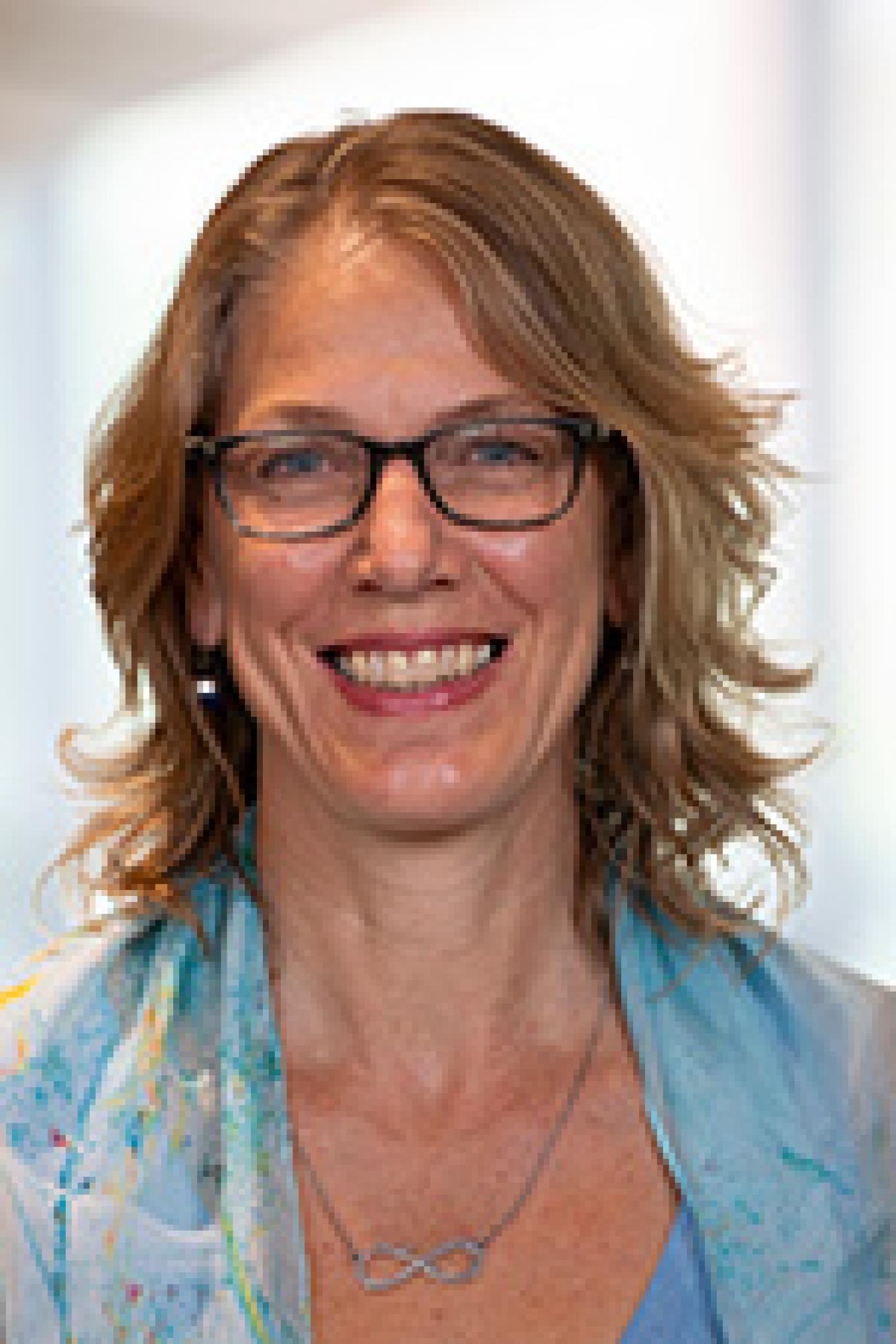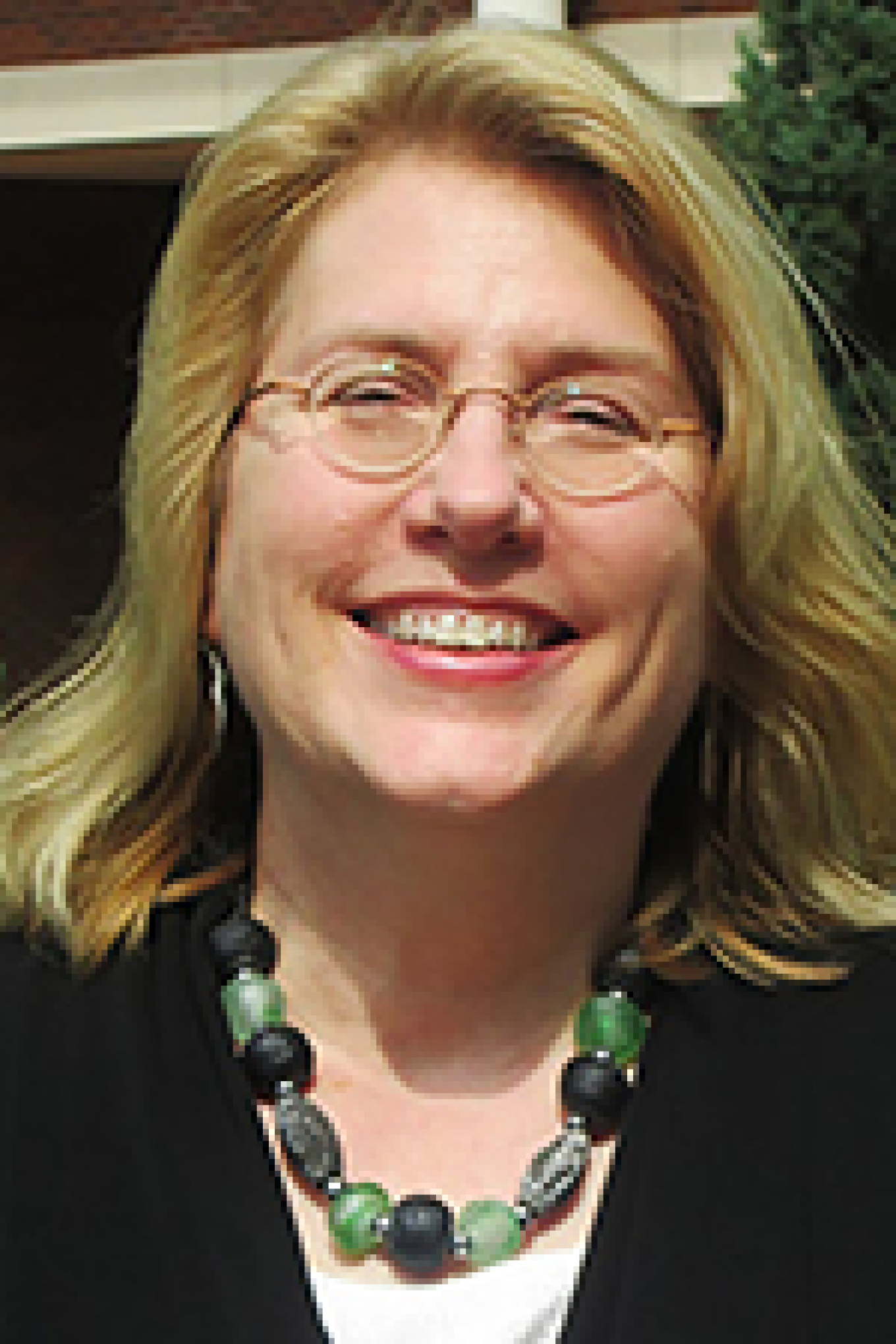UNESCO Chair in Education, Gender Equity, and Wellbeing
In June 2025, the University of Minnesota established the UNESCO Chair in Education, Gender Equity, and Wellbeing to strengthen research for educational policy and practice in and between the Global North and South.
A UNESCO Chair is a team led by a higher education or research institution that partners with UNESCO on a project to advance knowledge and practice in an area of common priority. The partnership is formalized through an agreement between the Director-General of UNESCO and the head of the institution hosting the UNESCO Chair.
Read more from UNESCO: “What you need to know about the UNESCO Chairs and UNITWIN Networks”

Key objectives of the Chair
- Establish and deepen international partnership/collaboration between south-south and south-north universities, particularly between the University of Minnesota, The University of Western Cape, The University of Free State and Christ University, as well as among other organizations and institutions working on education, equity and wellbeing.
- Advance research on wellbeing, equity, and education, and particularly gender transformative and inclusive education, for utilization at local levels in Africa, India, and the U.S as well as in UNESCO and other global institutions.
- Develop capacity of junior researchers and students in Africa, India, and the U.S. to advance gender equity/inclusion, education, and wellbeing.
Wellbeing, Equity/Inclusion, and Education (WEE) Research Collaborative
One way in which the UNESCO Chairholders and their partners achieve the objectives of the Chair is through the Wellbeing, Equity/Inclusion and Education (WEE) research collaborative, which brings together and advances research on wellbeing, equity, and inclusion through education (specifically intersectional analyses of gender, race and disability) from different national contexts, particularly in the global South.
The research collaborative aims to contribute to global agendas and the Sustainable Development Goals that address quality education and gender equality through nationally and locally specific approaches.
Chairholder
Co-Chairholder
Partners
The University of Western Cape, Institute of Social Development
- Roles and contributions: Researchers from the Institute of Social Development conduct research on race, gender, and inclusion.
The University of Free State, Higher Education and Human Development Research Group
- Roles and contributions: Researchers from the Center of Higher Education and Human Development conduct research on gender, race, and migration in higher education.
Christ (deemed to be) University, School of Social Sciences, Departments of Psychology and Education
- Roles and contributions: Researchers and educators from the departments of psychology and education conduct research on gender, caste, ability, and education.

